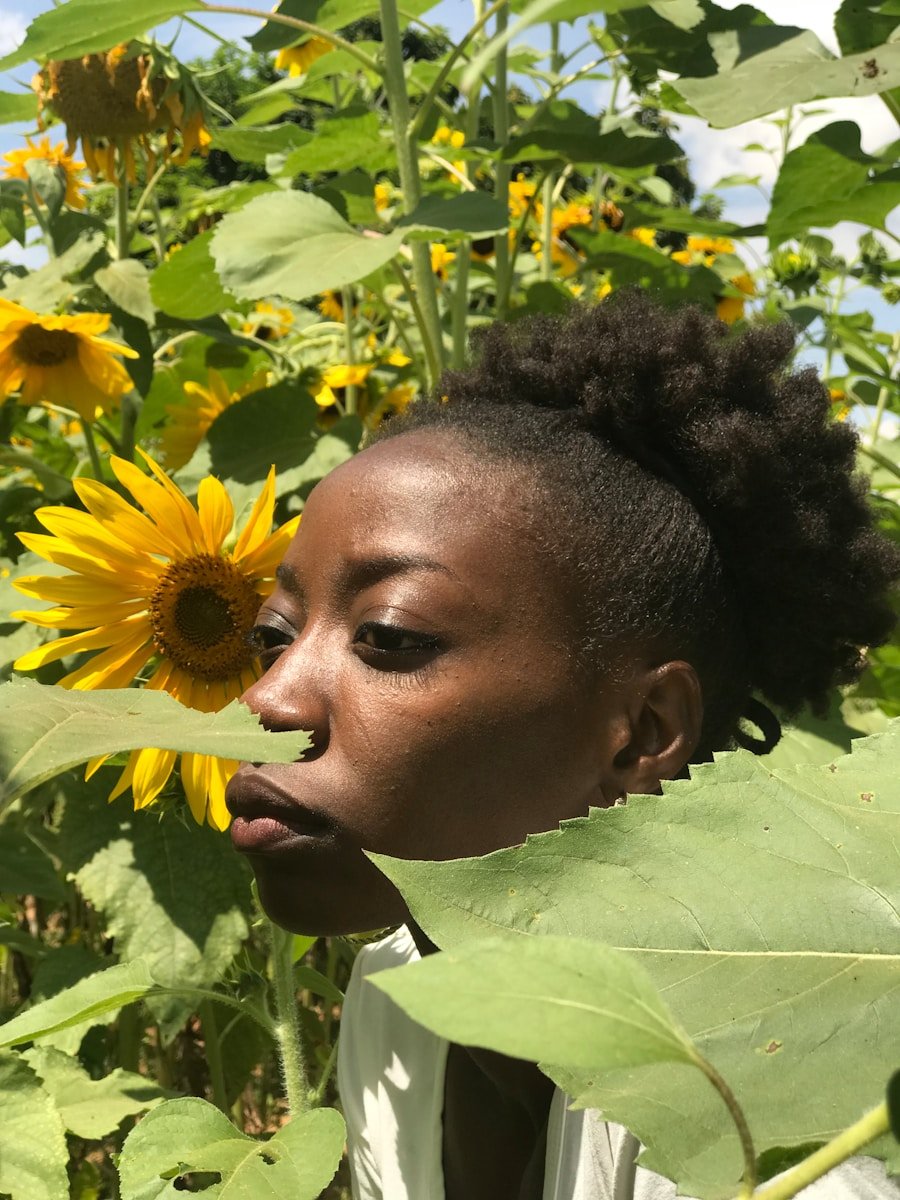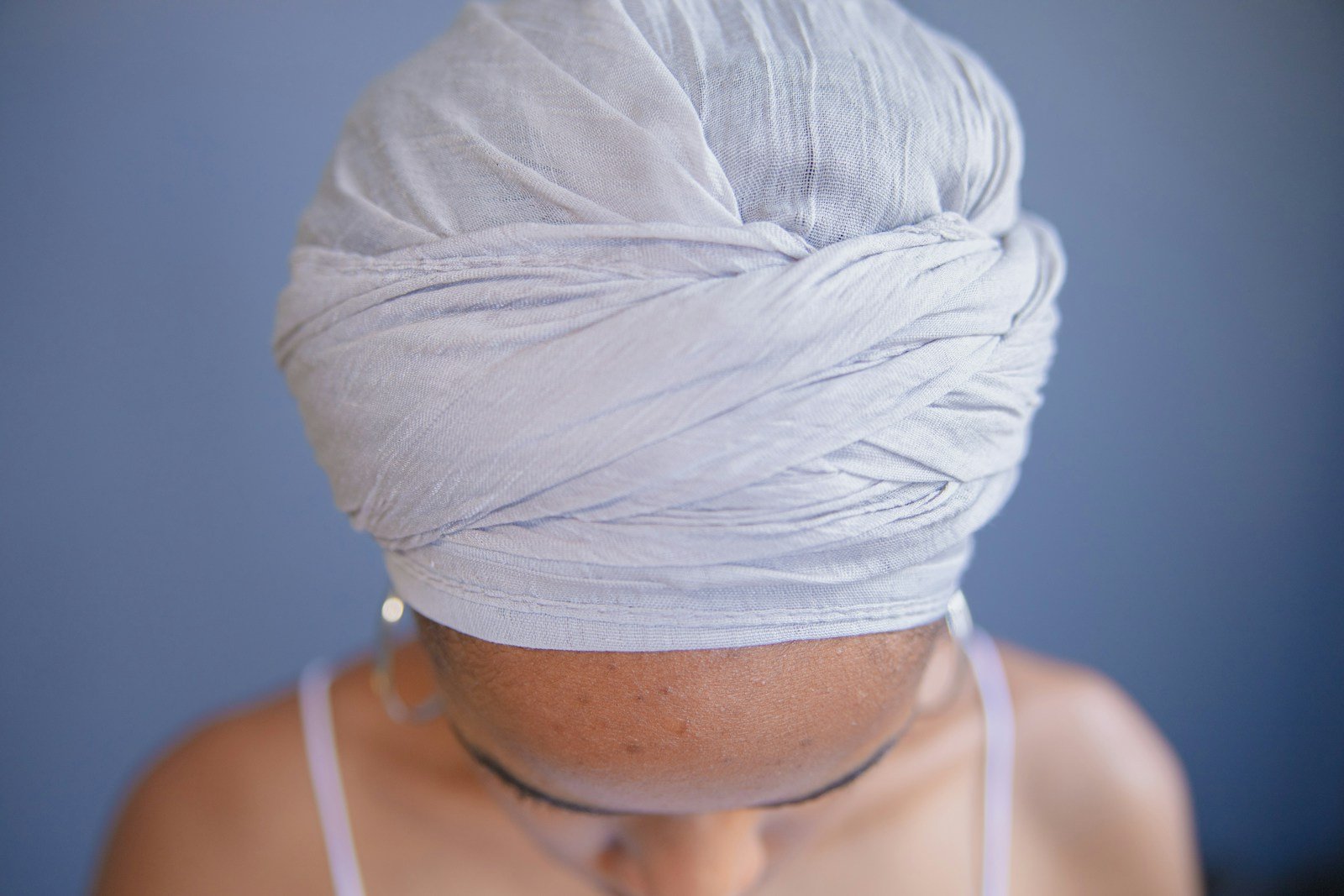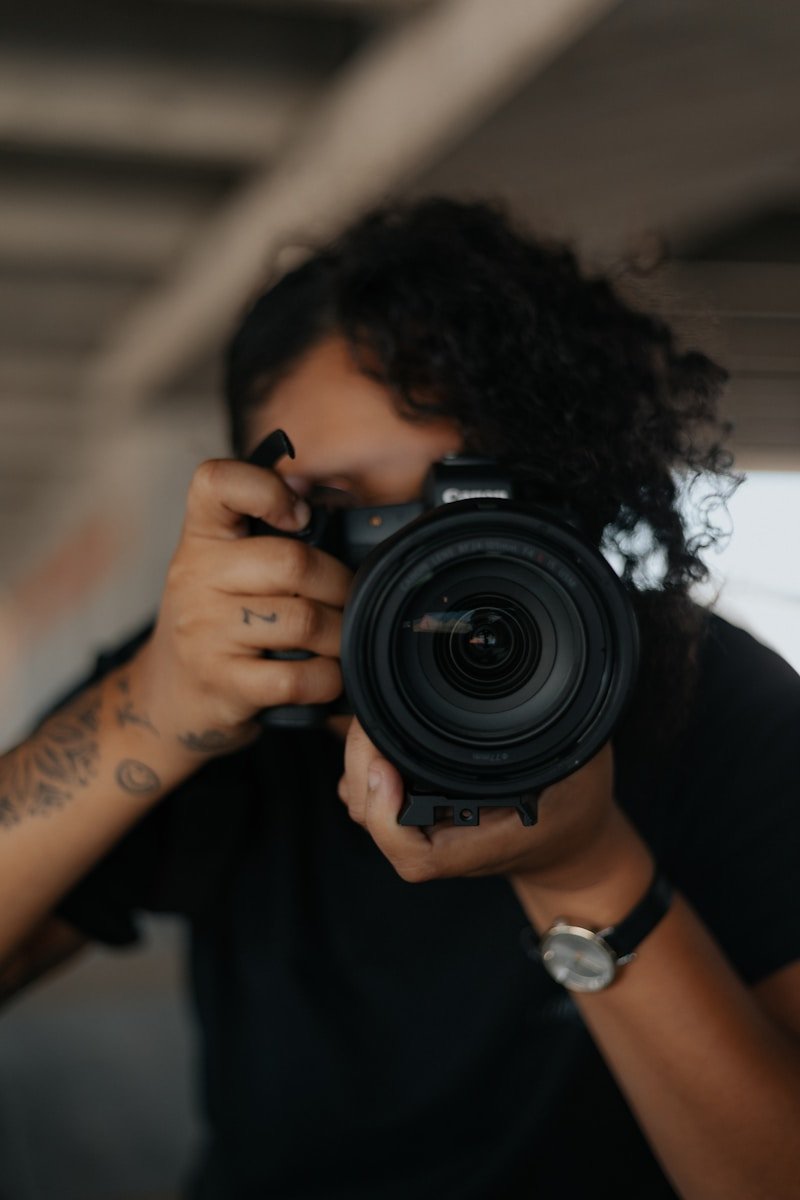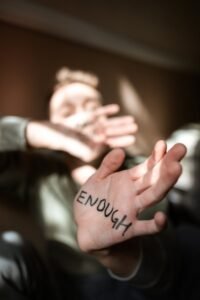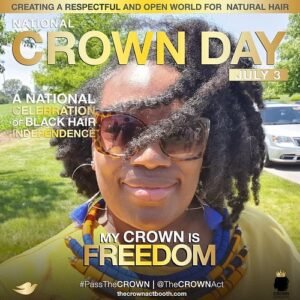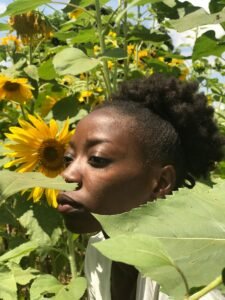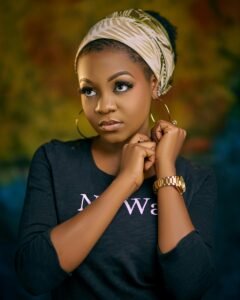How Concern-Trolling Black Women’s Hair Harms Black Women
There is a quiet violence in the way people police Black women’s hair.
Not the loud insults.
The concerned questions.
The “just trying to help you” tone.
The disguised criticism that arrives wearing soft shoes.
And every time it happens, something vital is stolen from us — our health, our time, our safety, our money, and our right to live without constant scrutiny.
This is the part people rarely acknowledge:
Black women and girls are not being protected.
We are being picked apart.
And that picking apart has consequences that stretch far beyond appearance.
1. Concern-trolling ignores the health risks we carry.
Black women already face higher rates of:
- Fibroids
- Breast cancer
- Autoimmune disorders
- Alopecia
- Scalp conditions caused by stress and over-manipulation
So when people pressure us to “fix” or “control” our hair, they’re ignoring the reality that some of us are trying to heal our bodies, not impress anyone.
Sometimes natural hair is not a trend.
Sometimes it’s a doctor’s order.
Sometimes it’s the only path to relief.
But concern-trollers don’t see our humanity.
They only see what they think would make them more comfortable.
2. It dismisses how expensive haircare is for Black women.
People act like switching styles, textures, products, or techniques is simple.
It’s not.
Black haircare is one of the most costly personal expenses a woman can have.
And we often spend this money to avoid judgment, discrimination, or being deemed “unprofessional.”
Concern-trolling demands that Black women perform beauty labor we cannot afford — financially, emotionally, or physically.
Sometimes the truth is simple:
We need hair solutions that keep us healthy, safe, and able to pay our bills.
Not hairstyles that please spectators.
3. It takes our safety needs lightly.
For many Black girls and women, the wrong comment about hair can lead to:
- School punishment
- Workplace discrimination
- Police interactions
- Social humiliation
- Violence from partners or family
These are not small consequences.
They are safety threats.
Concern-trolling acts like hair is a cute topic, when for us it has always been tied to survival.
Our hair is not a joke.
It’s a part of how we navigate a world that can be hostile to our existence.
4. It disrespects our need for peace and privacy.
Black women and girls deserve the dignity of not being handled, questioned, or corrected every time we walk into a room.
We deserve:
- Quiet mornings
- Restful Sundays
- Commutes without commentary
- Workdays without monitoring
- Lives without strangers reaching, touching, or evaluating us
This is a basic wellness need — to simply be left alone.
We are not community projects.
We are people.
5. It treats our wellness like an afterthought.
Our wellness should never be sacrificed so that others can feel entertained, satisfied, or comfortable with our appearance.
But too often, the world demands:
Tighter curls.
Straighter edges.
Longer hair.
More volume.
Less volume.
More “polish.”
Less “attitude.”
More permission.
And none of it has anything to do with our actual lives — how we sleep, work, study, heal, mother, grieve, or grow.
Concern-trolling steals our wellness by making our bodies a public conversation instead of a personal sanctuary.
6. The biggest harm: It erases the humanity of Black girls.
When classmates, teachers, adults, or strangers comment on Black girls’ hair, they teach her:
“You owe people answers.”
“You owe people changes.”
“You owe people comfort.”
And that lesson will follow her into adulthood.
But she doesn’t owe the world anything.
Not explanation.
Not performance.
Not adjustment.
What she deserves is protection.
Silence where there should be silence.
Support where there should be support.
A girl’s hair should not be her battlefield.
7. This is not about beauty. It’s about our right to stay safe, healthy, and whole.
Concern-trolling distracts from the real issues that threaten Black women’s lives:
- High maternal mortality
- Medical bias
- Workplace exploitation
- Chronic stress
- Safety in public spaces
- Affordability of healthy products
- Access to rest, peace, and time
- Boundaried, judgment-free environments
Hair becomes the decoy.
Our suffering becomes invisible.
What Black women need is simple.
Let us breathe.
Let us heal.
Let us be affordable to ourselves.
Let us be safe.
Let us be well.
Let us exist without commentary.
Leave our hair — and therefore our spirits — alone.
We are not here to decorate someone else’s comfort.
We are here to live.
The most underrated act of kindness is letting people who are not a threat, harm, or danger to you……be.
